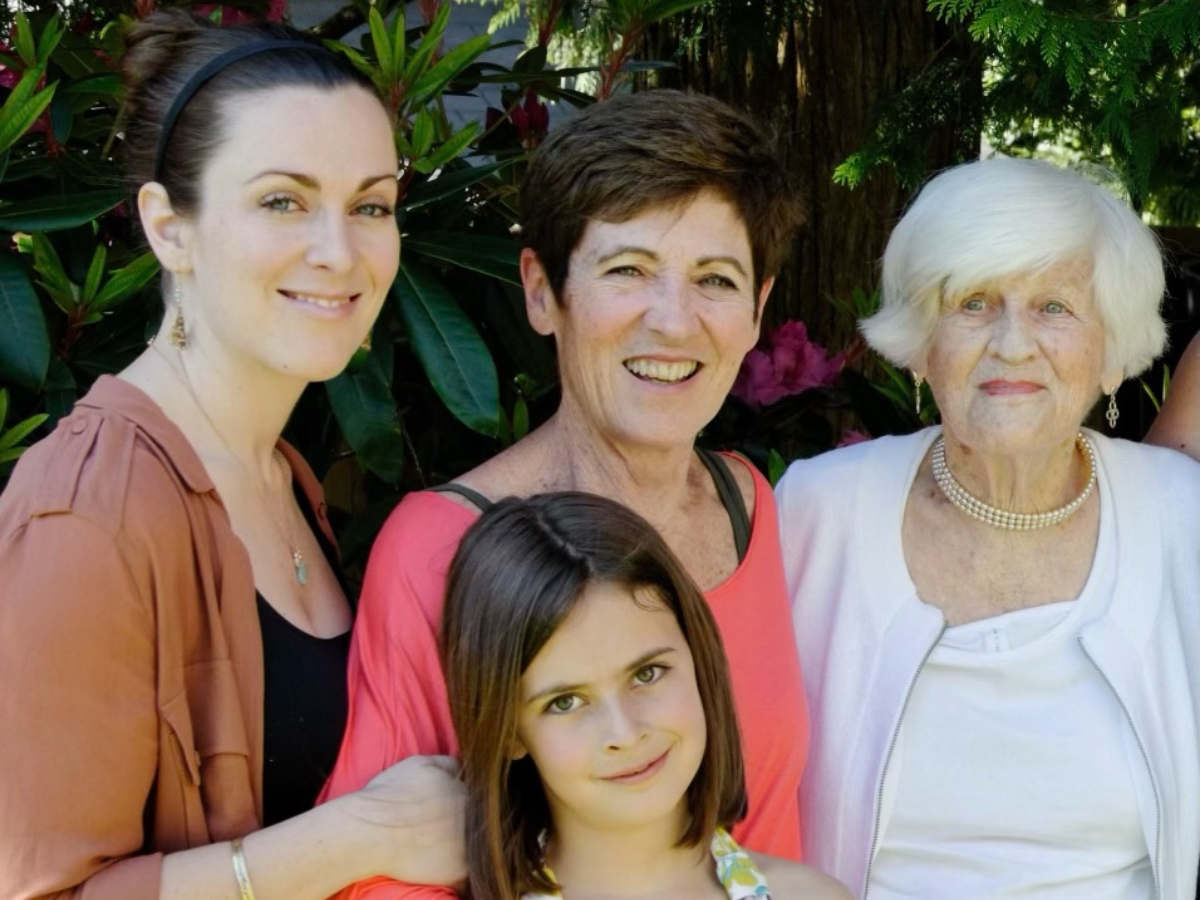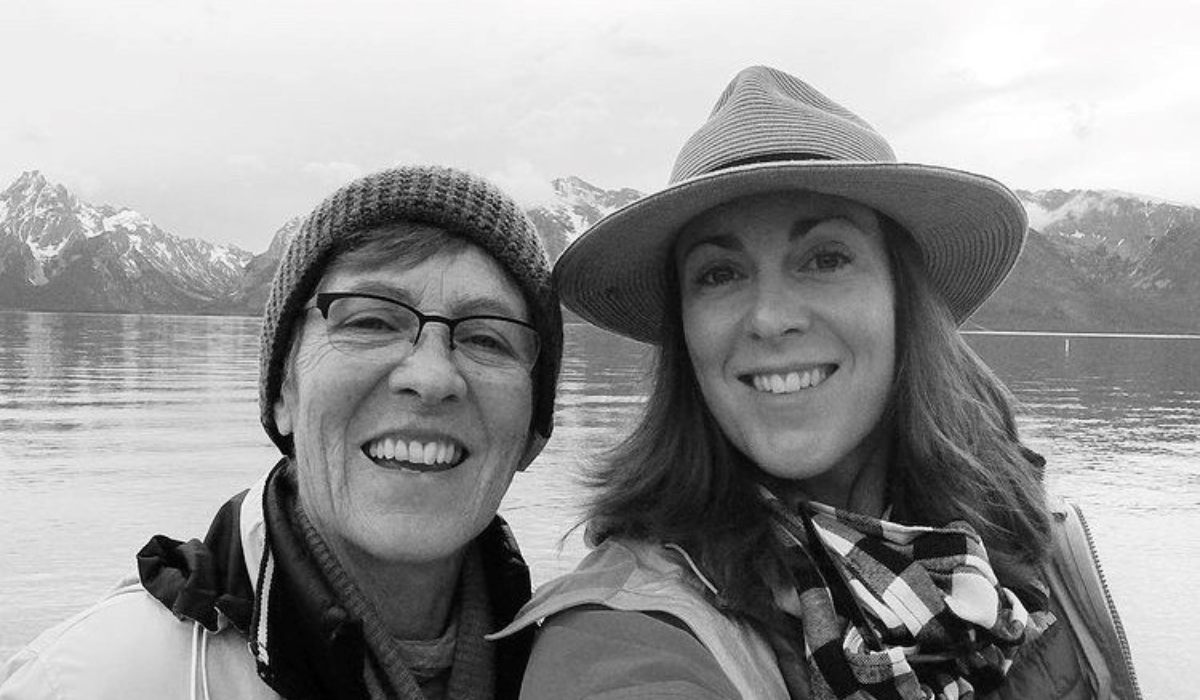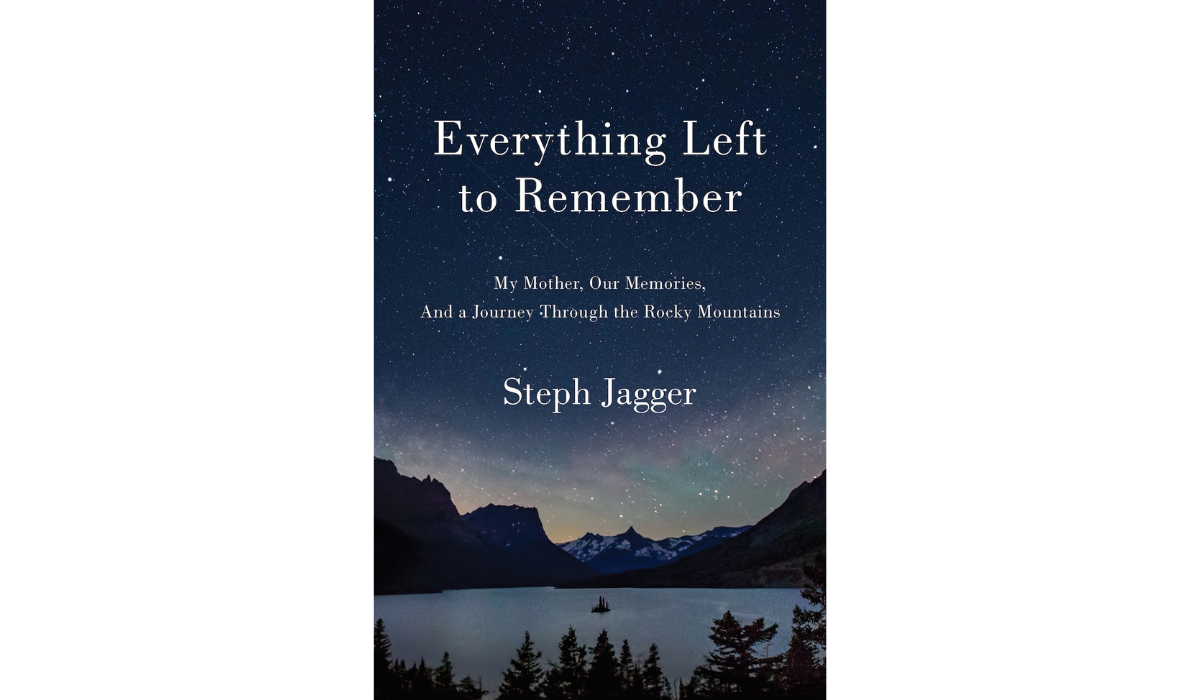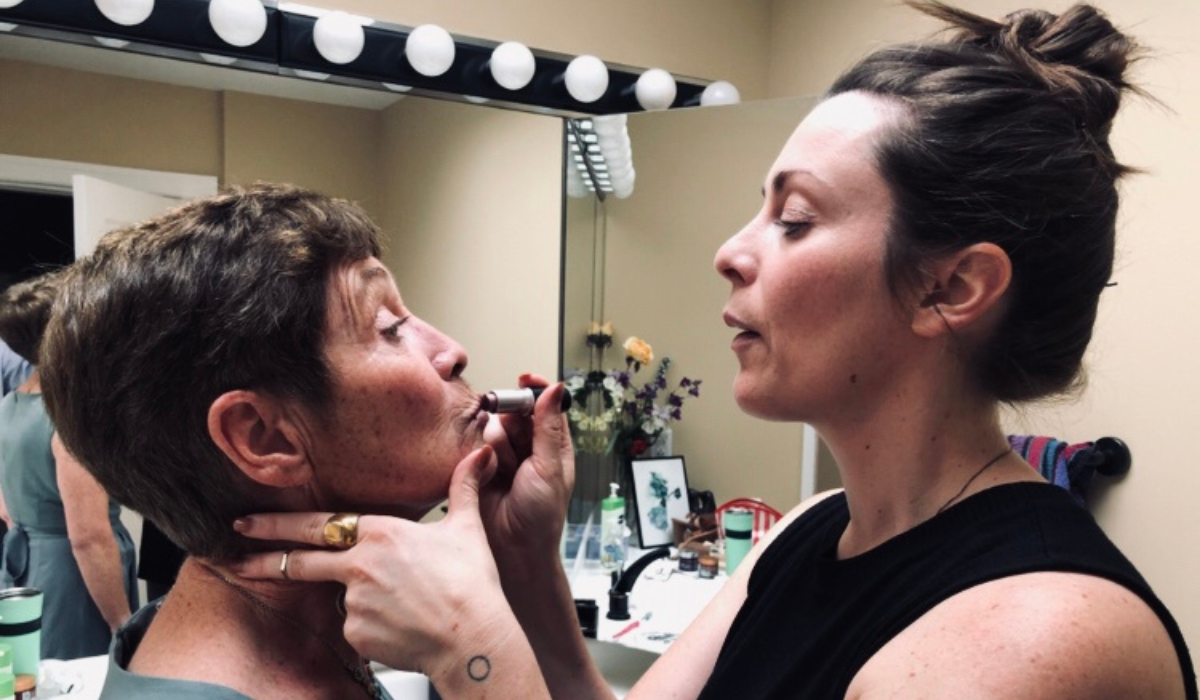My Mom and Grandma Have Alzheimer’s. Here’s What I’ve Learned About Myself By Watching Them No Longer Remember Who They Are
As a little girl, I used to play a game with my grandmother whenever she was visiting. I would ask my mom to sit beside her, and then I’d say, “Hands, please.”
They knew the drill. They would each hold out one hand, side by side in the air. I would line mine up next to my mom’s, and then, one by one, I’d pinch the tops of our hands. I would grab a little bit of skin, pull it up as gently as I could, and then let go. From there, we would giggle together as we watched the skin, carefully observing how it moved back into place. Mine snapped back with youthful elasticity. My mom’s slowly melted toward her hand. And my grandmother’s, for the most part, stayed where I’d pulled it—like a miniature mountain range running from her knuckles straight down to her wrist. She had to massage it, adding a little warmth to her papery skin to make it go back to normal.
This image is carved in my memory. Every time I see a ridgeline in the distance I think of my grandmother’s hands. But I don’t know how long the carving will last.
My grandmother had dementia.
My mother has Alzheimer’s.
I am a sapling inside of a forest that seems hell-bent on forgetting.
As a young girl, I didn’t see myself like them, and now, I don’t want to be like them. I don’t want to be planted in this soil, rooted in what seems to be scorched earth, burned in fire of forgetfulness. But here I am, full of quaking fear that the phrase “as above, so below” runs also in the opposite direction. That the groundwater running through my lineage is poisoning the bloodline—that it runs from our roots, all the way into our brains.
It terrifies me to think I am living inside an inheritance of unspoken emotion, of minds that eventually cave in on themselves. What a farce it is—the perception of safety we’ve created by living almost entirely inside of our heads. When I think about my DNA holding on to a memory about how to forget, something inside of me falls silent, goes numb. I do not know how to name what it is, nor how to dig it up and out. So I just sit. I petrify. I let that part turn into stone.
Do I have three decades or four? I wonder to myself.
My body was born with instructions about how to walk, and how to talk, and how to transform from a child into a woman. Instructions that came with a timer built in. Would this knowledge of how to forget work the same way?
I remember reading a line from Joy Harjo’s book Crazy Brave. “Bones have consciousness,” she wrote. “Within marrow is memory.” These words made something inside of me pant.
When will the bomb go off? I ask inside my head. What day is the timer set for, the one that will trigger the instructions about how to forget?

In that moment in St. Mary’s garden, and in many other moments since, I’ve thought about the elasticity of my memory, about when it will begin to fade as my mother’s and grandmother’s did, and about how and where my brain will begin losing itself. And I worry that, as a collective, when you line up the women in my family one after the next, we will begin to form a mountain range of forgetfulness, creating a series of abstracted ridgelines that run clear across our ancestral landscape.
The thought of this torments me. Because what happens when a lineage of women forget themselves? Who do the daughters return to when they can’t remember who they are? What mothers will exist for us then? Who will hold us in the midst of our collapse?
This felt like a curse, like Persephone lost forevermore in the underworld, and Demeter with no daughter to find—a lost destiny, an irretrievable ancestry. These questions hung in the air around me as my mother and I flew from Vancouver to Bozeman.
Our flight went directly over the Rocky Mountains, a colossal divide that sweeps down from British Columbia and Alberta into Idaho, Wyoming, Montana, and beyond. And as I sat on the plane, gazing at the massive ridgeline below, I felt the energy of the natural world in my body.
Maybe it’s this, I thought to myself, taking a deep breath as my mother dozed in the seat beside me. Maybe this is what I can return to. And maybe, if my mother did split off from herself, maybe she can return here too.
This was not the first time I had run to Mother Nature looking for guidance. She had been a source of wisdom for me many times in the past, a provenance of hard-edged veracity that, with enough time, melted into solace. The very best part about being in nature is that the truth meets you there, which is also the reason it’s hardest to go. At the same time, I was hopeful about this trip, about Mother Nature yielding wisdom yet again. About the idea that I might find some answers here in the Rockies—a ridgeline so long it has a chance to connect our past to our present, to our future. Perhaps the answers were somewhere inside these gargantuan folds, tucked amongst the mountains and lakes, the rocks and rivers and streams.

For a brief moment in time, this trip made sense to me—as Alzheimer’s stole words and whole phrases, an entire language of memory, it seemed like we were being presented with the opportunity to learn a new one, or recover a lost one. I held on to the idea that Mother Nature might be able to bring us both back to shore.
All of the questions I had about the splitting off from ourselves, as well as how we might and our way back to wholeness, were momentarily quelled. Because if there is anything, any person or any place, that will remember us all—when the root rot sets in, when our synapses, each and every one of them, no longer are—it has to be Mother Nature. She had to be the one who remembered, just as the skin on my grandmother’s hands did.

Excerpted from Everything Left to Remember. Copyright © 2022 by Steph Jagger. Excerpted by permission of Flatiron Books, a division of Macmillan Publishers. No part of this excerpt may be reproduced or reprinted without permission in writing from the publisher.
Steph Jagger is a sought-after mentor and coach whose offerings guide people toward a deeper understanding of themselves and their stories. Her work, including speaking and facilitating, lies at the intersection of loss, the nature of deep remembrance, and the personal journey of re-creation. Steph grew up in Vancouver, Canada and now lives and works on Bainbridge Island, WA. Everything Left to Remember is Steph’s second book. Her first, Unbound, was published in 2017.




